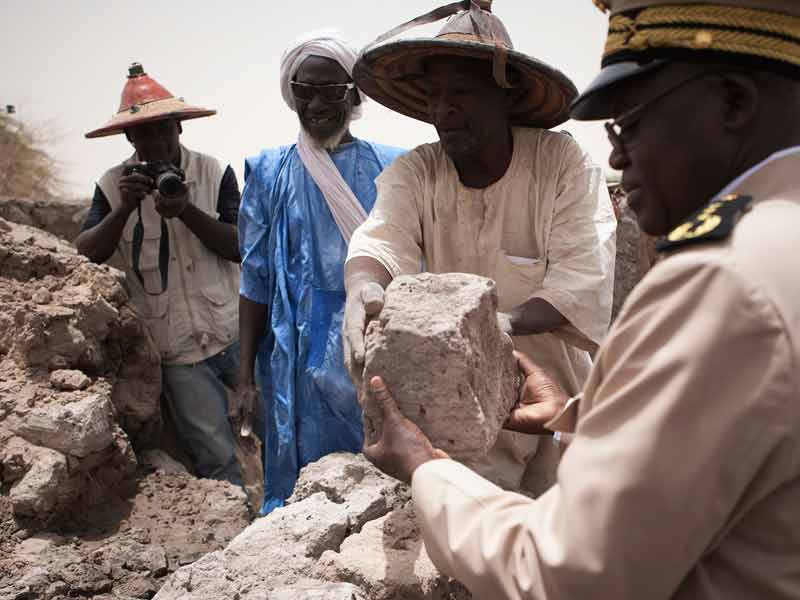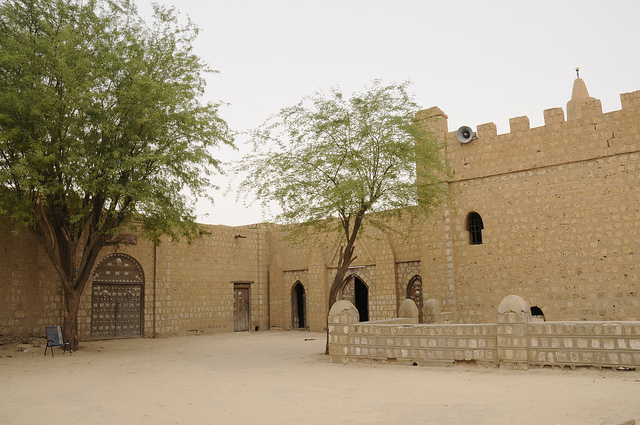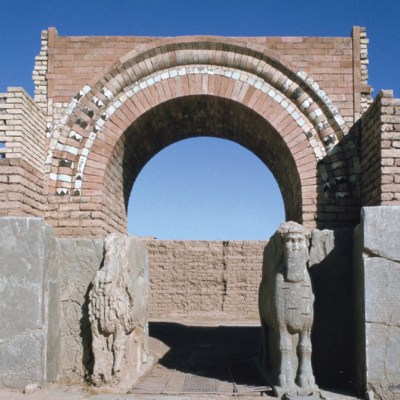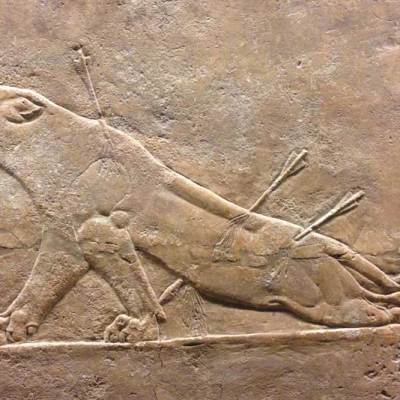The International Criminal Court (‘ICC’) in The Hague has tried some of the most abominable crimes against humanity; atrocities committed during war, as well as those in peace-time. It is a court of last resort, established by treaty and currently adopted by 123 States. The ICC is not part of the U.N.
Referrals to the court are made to the Office of the Prosecutor, which is then responsible for substantiating crimes alleged to have been committed since 1 July 2002 in the territory or by nationals of a signatory State. The Office of the Prosecutor is currently investigating eight situations including the alleged crimes committed by Joseph Kony and Vincent Otti in Uganda.
In 2013, the ICC began investigating war crimes in Mali. On 18 September 2015, an arrest warrant for Ahmad Al Faqi Al Mahdi was issued. Al Faqi made his first appearance before the Court later that month, during which he made no comment, with a hearing confirming the charges against him set for 18 January 2016.
The Malian government was overthrown in 2012. During this period Ansar Dine, the militant Islamic group classified by the UN Security Council as a terrorist organisation of which Al Faqi was an alleged member, seized towns including Timbuktu where according to reports, it began implementing Sharia law.
Al Faqi has been charged under powers conferred by the Rome Statute: war crimes (violations of law in non-international armed conflicts) under article 8(2)(e)(iv), and individual criminal responsibility under articles 25(3)(a), 25(3)(c) and 25(3)(d) relating to attacks it is alleged he ordered against sacred religious buildings and/or historical monuments in Timbuktu between 30 June 2012 and 10 July 2012. The charges relate to nine named mausolea and the mosque of Sidi Yahia. The majority of the buildings are listed as part of the UNESCO World Heritage Site of Timbuktu, which from 28 June 2012 the institution put on its ‘danger list’. UNESCO has since worked with local parties to reconstruct the sites subject to the 2012 attacks.
Ambassadors and representatives of Morocco, South Africa, the European Union, France, Germany, Switzerland and the World Bank brought their support to UNESCO’s #Unite4Heritage campaign in a visit to the World Heritage site of Timbuktu. © UNESCO/Emmanuelle Hernandez

The Al Faqi case is the first time charges relating to the destruction of cultural heritage have been brought before the ICC. As instances of terrorist destruction of heritage sites continue to mount, it is clear that the power which UNESCO hopes it might deploy by adding sites to its ‘danger list’ holds little, if any weight. Its involvement with the investigation of the Al Faqi case demonstrates the institution’s desire to find a different way to show it has teeth.
The case has gathered much interest from heritage and art communities. While the Rome Statute clearly provides for such prosecutions, it should not be forgotten that the reason these crimes are triable by the ICC is linked to the effect that the destruction of cultural and religious monuments has on the psyche of the communities subject to a new regime’s establishment, control which has already likely been won through violence, if not other criminal acts. It should not be forgotten that the destruction of such sites is a tool used by perpetrators to weaken morale and reinforce authority. That the Al Faqi case appears to offer a route to prosecuting the destruction of art might be considered incidental.
Lead image: used under Creative Commons licence (CC BY-SA 2.0)



